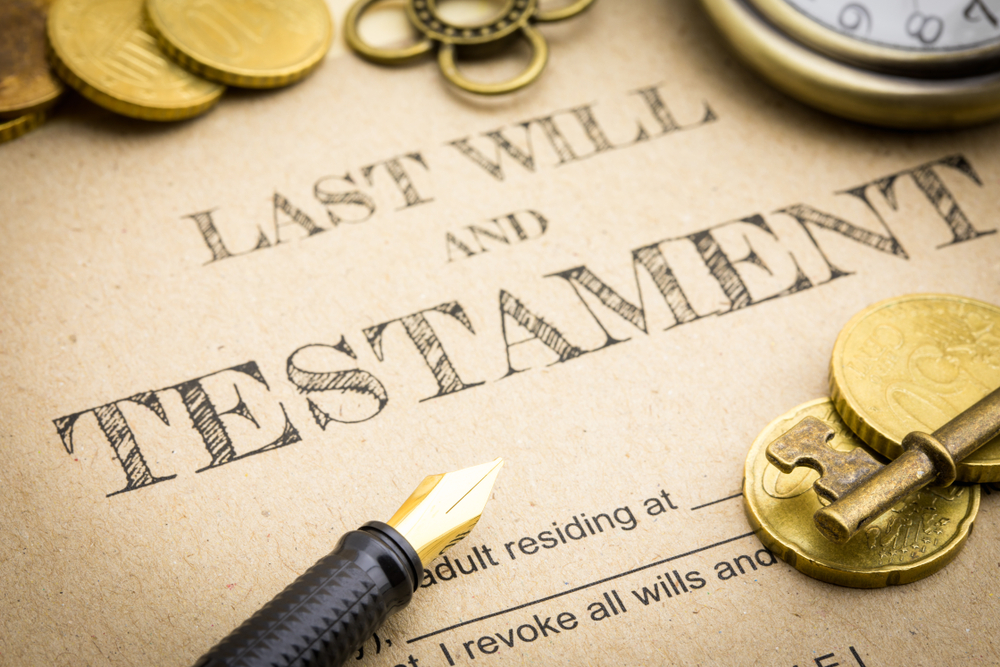WE CAN HELP YOU CALL US TODAY
WE CAN HELP YOU CALL US TODAY

Trusts can be a valuable estate planning tool, but sometimes a trust is contested. For example, this could happen if a decedent unexpectedly leaves their estate to a new spouse or partner instead of the children. In this article, learn more about contesting a trust and contested estates, and talk to our Lincolnshire estate planning attorneys at Orlowsky & Wilson for additional information.
In Illinois, either beneficiaries or heirs can contest a trust. Beneficiaries are people who were named in the will or trust, and heirs are spouses and other relatives who would possess a right to inherit if someone passes away without an estate plan or will. You can be both a beneficiary and heir if you would have been able to inherit if there had not been an estate plan, and you are also named as a beneficiary.
Illinois law requires the person who wants to contest the trust to have legal standing. This means they must have an interest in how the case is decided in court. In most cases, beneficiaries and heirs are the only ones standing in a trust contest.
You cannot contest the trust because you did not like the document or think you did not get what you deserve. You must have legitimate grounds to claim that the document should be invalidated. Some reasons a trust could be declared invalid are:
As of 2020 in Illinois, you can contest a trust six months after the date the trustee sends the trust notice to the beneficiaries or two years after the person’s death, whichever is earlier. How long it takes to contest a trust in Illinois depends on how busy the court is and how complex the case is. Extensive discovery and motions can drag out the process. Using a mediator to speed up a trust contest is often recommended. This way is often faster and less expensive than litigation.
When doing estate planning, the idea is to ensure your final wishes are followed. You can avoid costly trust contests by:
Even with the best estate planning, it is possible a trust or will can be contested. Assembling a comprehensive and effective estate plan reduces the chances of this happening. Please speak to our Lincolnshire estate planning attorneys at Orlowsky & Wilson at (847) 325-5559 today for more information.